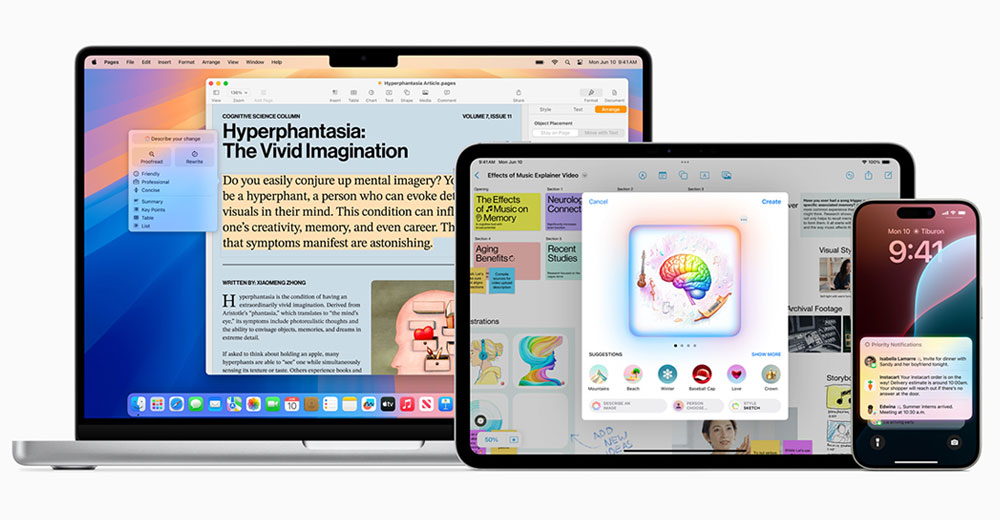
Tens of thousands of fledgling job seekers have spent a great deal of time, effort and money devising video resumes, a variation on the decades-old task of letting a potential employer know a little something about you. However, while the new approach has garnered some sizzle, it lacks substance.
“Video resumes are dead because they just do not help companies in the job selection process,” Tom Schmidt, president of Resumefit, told the E-Commerce Times.
The recent phenomenon stemmed from improvements in computer and networking horsepower. The fad got a boost from movies, such as “Legally Blonde,” in which the lead character, Elle Woods, uses a video resume to differentiate herself from other candidates.
Many other job seekers followed suit. There are now more than 25,000 video resumes on YouTube, and job search sites, such as CareerBuilder, host thousands more. Some video resumes look quite professional while others seem like they were slapped together in a few minutes. The candidates use a variety of techniques — from eye-catching images to humor — to differentiate themselves from the rest of the job pack.
A Superficial Look?
However, the differentiation may not be helpful in certain cases. In some situations, a candidate may send the wrong message. Rather than being seen as clever, managers may view the videos as too egotistical. Also, a generic video resume typically will not highlight the skills needed for a certain position.
These resumes can also create problems for the employer by skewing the hiring process, as managers may fear that hiring decisions will be based on appearance and theatrics rather than on qualifications.
Potential legal problems present another significant bugaboo. Along with the possibility that a company may judge a candidate on looks, video resumes make information like age, race and gender apparent, so discrimination rather than a lack of qualifications may be viewed as the reason why a candidate is rejected. Plus, a creative lawyer can quickly make a case for discrimination if it is known a video resume was viewed before an individual was rejected. Because of that, some job sites forbid the use of them.
They’re Inefficient
The biggest problem with video resumes is their tendency to slow down rather than speed up the search process. While a recruiter can scan a paper resume in less than a minute, watching a video resume takes a couple — sometimes several — minutes. If a person needs to sift through 50 or more resumes, the time difference quickly adds up.
“One major issue is there are no standard formats for producing video resumes,” noted Jim Buttimer, CEO of CareerTV. The resumes come in many iterations — different software programs and length, and they support different data formats. The chances of a human resources professional being able to view each video resume with one program are slim. Compounding the problem, no group — at least at the moment — is trying to develop a set of standards to make the process of watching video resumes simpler.
Another limitation with video resumes is that companies cannot quickly search past submissions. It is quite common for a company to store candidate information in a database and then go back and try to match applicants with requirements. There is no way to characterize and then search such information in video resumes.
Because of these problems, many companies, such as CareerTV, have abandoned video resumes. The company, a television programmer and interactive Web site designed to help college students and young professionals begin their careers, dumped its video resume service in November. “Companies are interested in using video to interview candidates but not in place of traditional resumes,” CareerTV’s Buttimer told the E-Commerce Times.
Not Dead Yet
However, while many recruiters are down on video resumes, some companies are not quite ready to bury the technology. “Video offers individuals much more power in how they present themselves than paper,” Allison Nawoj, a career counselor at CareerBuilder, told the E-Commerce Times. The company has a video resume service on its site.
Theoretically, the shortcoming with video resumes can be addressed, and the technology can become more popular moving forward. However, at the moment, there is a significant disconnect between candidates who view video resumes them as a way to differentiate themselves and companies who view them as a hiring drain.






















































Social Media
See all Social Media